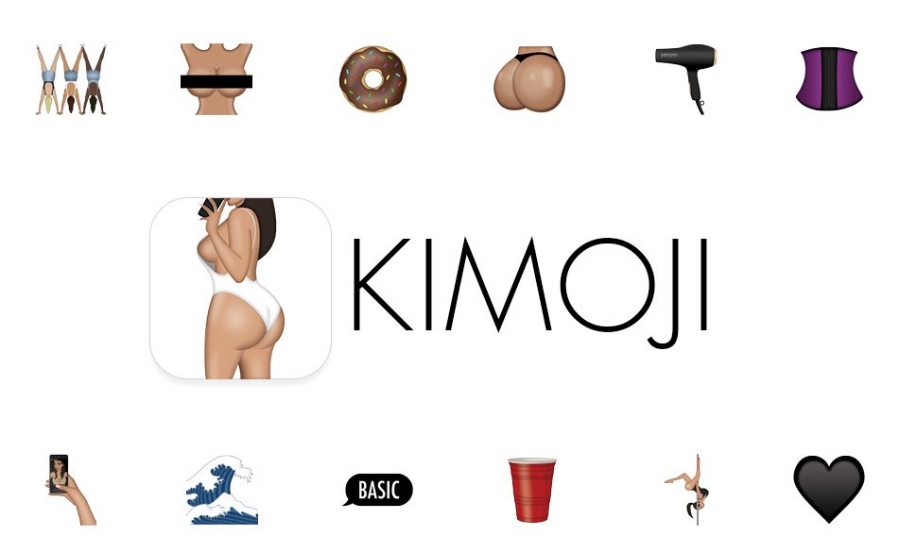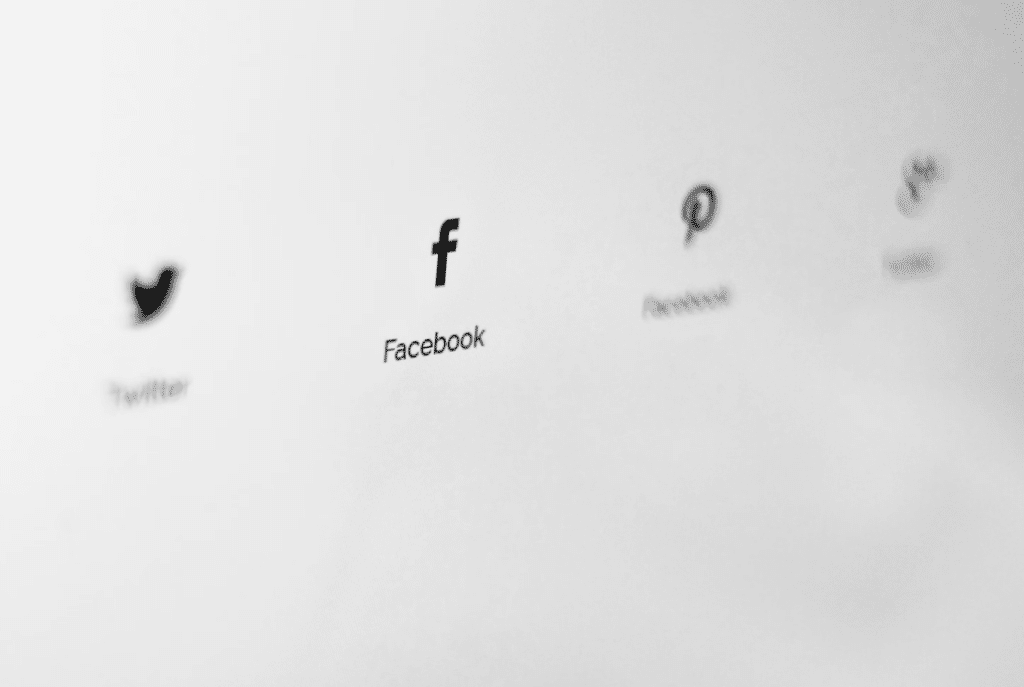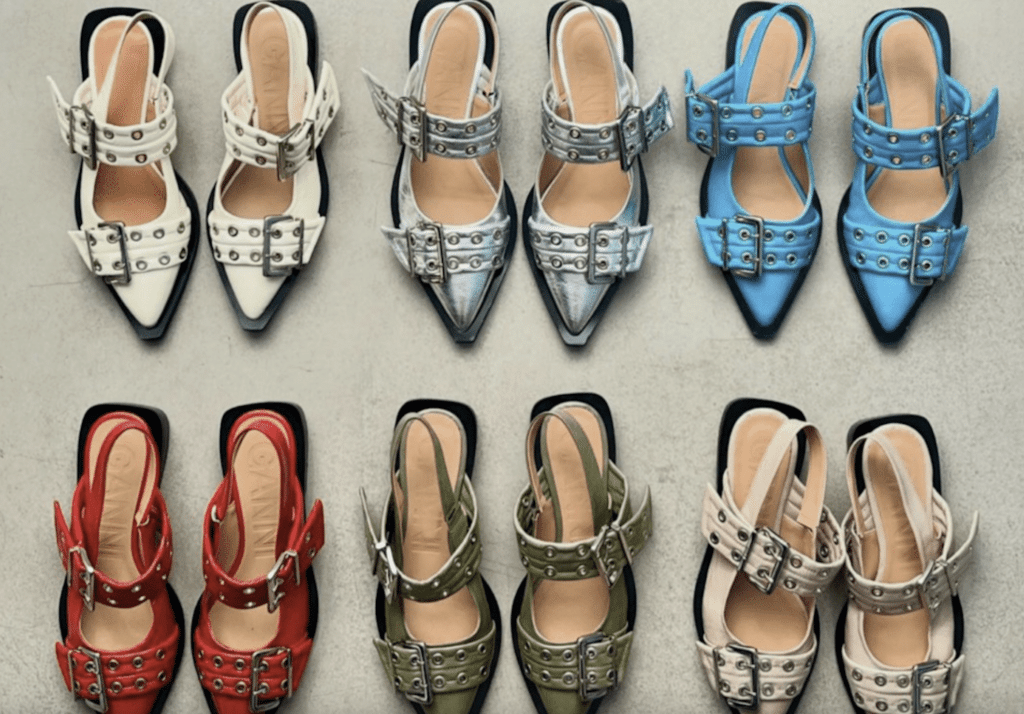In the early hours of September 14, 2015, Kim and Khloe Kardashian, and Kendall and Kylie Jenner debuted individual mobile apps and corresponding websites. The subscription-based apps – which, for $2.99 per month (after a 7-day free trial), give subscribers increased access to the lives of the reality television mega-stars by way of photos, videos, and blog posts – immediately shot to the top of Apple’s App Store charts. Youngest sister Kylie nabbed the title of the most downloaded free app in the U.S. for two days straight, with Kim trailing behind.
The four apps – which brought in a total of nearly 900,000 subscribers in their first 48 hours on the market – are the product of Whalerock Industries.
Located inside a sizable Cesar Pelli-designed glass-skinned compound of office buildings in the center of West Hollywood, the team at Whalerock is in the business of “creating transformative media experiences.” Founded in 2007 by entertainment lawyer-turned-ABC and Yahoo executive, Lloyd Braun and former Paramount Pictures president Gail Berman (who Braun bought out in 2014 before rebranding from BermanBraun), Whalerock built its name by creating a portfolio of websites, such as Wonderwall, a celebrity news outlet, and Purple Clover, a site targeted at readers over age 50.
Whalerock’s calling card changed in 2015, though, when – with its help – five of the world’s most recognizable celebrities found a way to “connect directly with (and monetize) their fan bases,” as Variety so aptly put it. And alas, Kim, Khloe Kardashian, Kendall and Kylie’s headline-making apps were born; oldest sister Kourtney Kardashian’s would launch later that year.
The 11-year old company has since built an ecosystem as the relatively under-the-radar force behind Howard Stern, Tyler the Creator, Ellen DeGeneres, ESPN analyst Matthew Berry, and the Los Angeles Lakers’ apps – or as Whalerock calls them, “digital hubs” aimed at enabling stars to go direct-to-consumer with their content.
Whalerock’s version of direct-to-consumer sees the company providing “influential brands with the platform, production infrastructure and other capabilities required to create and program unique and innovative direct-to-consumer hubs,” Braun said in a statement in early 2015. As part of the deal, the company also handles “ad sales, design, marketing, technology infrastructure and video production” for the individual apps.
While specific numbers are hard to come by, in large part because the Kardashian/Jenner camp has been tight-lipped about earnings, Apptopia estimated in 2015, at the height of the demand for the apps, the cumulative 3,695,923 downloads equated to a net payday of $1,044,587.94 – minus the 30 percent cut that Apple takes on all of its App Store sales and whatever percentage Whalerock earns.
Braun has similarly declined to outline specifics when it comes to the deals, but did tell the New York Times that Whalerock “takes a cut of the net revenue” from each app, with terms varying “depending on the client.”
Even murkier than the earnings at play is the longevity of such ventures. As TechCrunch noted shortly after the Kardashian/Jenner app launches, “While the apps were clearly popular, what was less clear is … how many of the early adopters would turn into paying customers willing to subscribe to a sister’s subscription service once the free, seven-day trial period wrapped up?”
The publication’s Sarah Perez noted that “on Monday, September 22, the first day consumers could subscribe, the conversion numbers looked promising.” However, when the media buzz began to wear off, “so did their App Store downloads. And that means revenue projections have been dropping as well.”
She further stated, “Kardashian apps are a perfect example of how the hype cycle can impact an app’s App Store success – but also, how hype doesn’t necessarily translate into a sustainable and profitable business in the long term.”
While the demand for the sisters’ individual apps – which have received highly mixed reviews on the App Store, ranging from “Beautiful and Informative” to “Horrible” – may be fleeting, Whalerock did, in fact, hit gold.

In late 2015, just three months after the launch of her main KKW app, Kim Kardashian introduced another venture, Kimoji. It had been two years in the making, according to the family’s most famous figure.
What started as a $1.99 app that let users paste custom-made stickers of Kim into text messages, quickly became the most popular paid-for iPhone app in the U.S. According to a tweet from Kardashian on the heels of the Kimoji launch, the unprecedented demand “broke the App Store.”
(Apple subsequently denied the claim, saying that there were “absolutely no issues with the App Store” on December 21, the day of the Kimoji app launch).
Nonetheless, Kimoji was sitting pretty at the top of Apple’s charts for paid iPhone apps after only one day of availability, and has since spawned an entire Kim-isphere boasting more than 1,000 emoji, stickers, and GIFs, merch (such as t-shirts, pool floats, iPhone cases, and keychains – some bearing images Kim’s face and others with a cartoon-ized version of her most famous asset), and now, a hot-selling fragrance line – all of which can be purchased on the app.
Speaking to Hypebae last summer about her Kimoji universe, Kardashian said, “I thought it would be cool to have one centralized place where I could really share what I want and be creative.” To be clear, that centralized place is “by far the biggest money-maker among celebrity-emoji apps on the App Store,” according to data from app analytics firm Sensor Tower.
A year after its launch, Kimoji stands in contrast to the family’s other apps: Downloads are not only not falling, they are growing and bringing in a ton of money. Sensor Tower estimated in 2016 that Kimoji was on track to make more than $2.8 million in revenues worldwide that year, more than 10 times the revenue of its closest competitors, which are sticker apps from basketball star Stephen Curry and Justin Bieber.
“It’s clear that users are willing to pay a premium for stickers,” says Randy Nelson, an analyst at Sensor Tower. And three years later, no one is selling more e-stickers than Kim K … with the help of Whalerock, that is.











